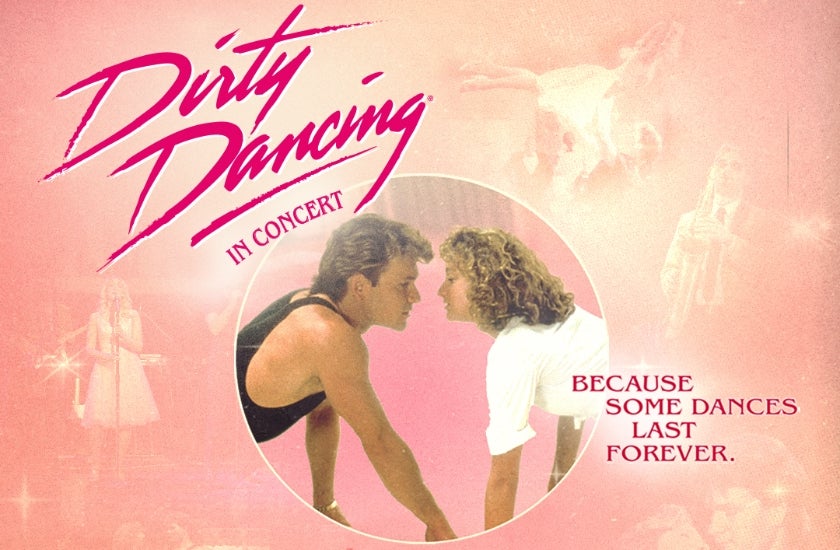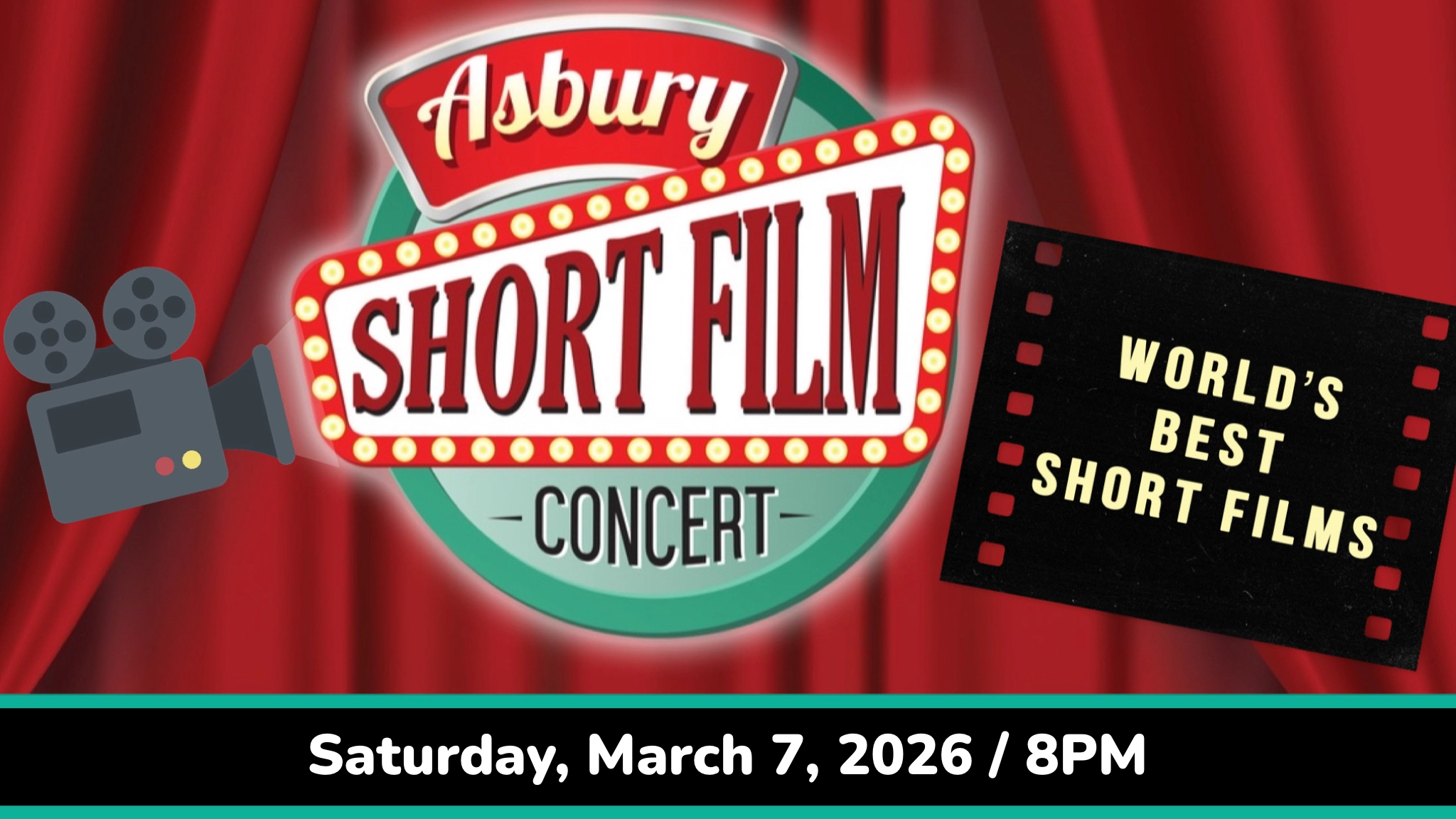FILM

New Release Review - "Scream 7"
I'm not going to suggest that Scream 7 is a return to form for the critically ailing yet commercially triumphant slasher franchise (I don't believe it had much form to begin with), but it's certainly a baby step up from the awfulness of the previous two instalments. That's a bit like saying a soccer team is showing signs of improvement because they only lost 3-0 against their local rivals as opposed to the 5-0 drubbing they suffered the previous season. But I'm a Spurs fan, so I'll take whatever crumb of comfort I can, and the crumb tossed to fans here is the return of Neve Campbell as Sidney Prescott, along with series creator Kevin Williamson, directing for the first time since 1999's Teaching Mrs Tingle, and co-writing with Guy Busick (with a story contribution by Zodiac scribe James Vanderbilt).



















